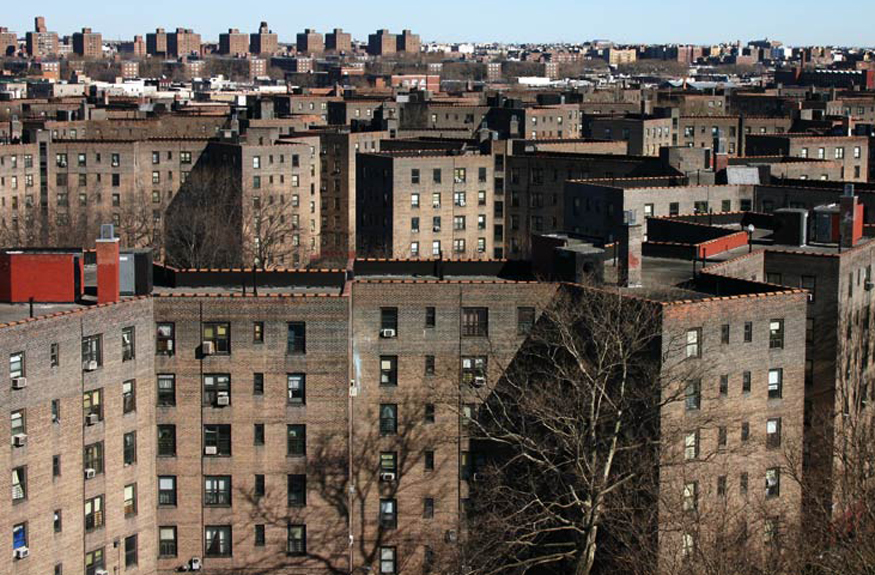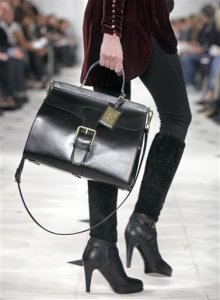 I live in a poor neighborhood — though my husband and I live comfortably in a lovely apartment.
I live in a poor neighborhood — though my husband and I live comfortably in a lovely apartment.
If you’ve been following the TRY THIS blog for a while, you’ve already read a few stories that describe this neighborhood.
Picture of a Poor Neighborhood
There are dozens of big apartment buildings that punctuate the city blocks, providing subsidized apartments to people who make little enough to qualify to live there. And that’s not very much.
Over the years, this neighborhood has been home to some of the city’s most violent gangs.
There is trash on the streets. And like much of New York City, garbage piles up on the sidewalks until on Tuesdays and Fridays the trash collectors make their wee hour rounds up one block and down another.
Little by little, my neighborhood is changing. People like me with more resources and more options are starting to move in.
But poverty is still far more visible than wealth. Our corner cafe is a Dunkin Donuts, not a Starbucks.
Don’t get me wrong. I love living in this neighborhood. It’s super convenient and my money buys me more space. But even more important are the lessons I learn about people and life and spirit that I wouldn’t learn if I lived in a wealthier community.
Your Fears are Largely Unfounded
Recently, a friend was coming to New York for a business meeting. I invited her up for dinner. Her response took me aback.
“I’m going to be dressed up in my best clothes and gold jewelry,” she said, “And I’m afraid to walk through your neighborhood.”
I understood her concern. It’s easy to imagine that people who are poor want your riches and that they’re on the lookout for rich folks to rob.
But that’s not the reality.
The truth is that the poor people who live in my neighborhood are focused on their own lives.
They’re trying to get through each day with enough to eat, with decent care for their children and with a roof over their heads. They really don’t care one way or another for the random woman dressed differently walking down the street.
 They don’t want her jewelry.
They don’t want her jewelry.
They don’t want her cell phone.
They don’t want her expensive St. John jacket.
They don’t care a fig for her elegant leather briefcase.
And they don’t want trouble.
They just want to get through the day unscathed.
My friend’s fancy clothing and jewelry, while they mean something in my friend’s social group, aren’t alluring to the people in my neighborhood. They’re just a bit out of place.
Your Prized Possessions Don’t Matter
It’s easy to believe that people want what you have and that poorer folks will do almost anything to get it. But for the most part, people are much more interested in their own lives than they are in yours.
Your trappings of wealth don’t convey the same status to people who are either poorer or richer than you.
My felon friend, Clemetin, doesn’t want my husband’s expensive cashmere sweater. He wants the things that are symbols of status in his own community, not ours. He might covet Nike Airs or a particular kind of gold chain necklace, but a V-neck cashmere sweater? I don’t think so.
So when my friend walks from the subway stop to my place, she doesn’t have to worry about being mugged. If she has to worry at all, it’s only about being appearing a little bit out of place.
And that’s an important lesson that all of us who are better off can learn. While people who are less well off might notice you in your fancy trappings, they’re really not likely to care about them half as much as you do.
Notice What Conveys Social Status
The next time you are among people who are richer or poorer than you are, pay close attention to the trappings of status and to your own feelings about them. Do you covet them? Or do you just notice them? Would those markers of status fit into your world? Would you feel comfortable with them?
Have you ever felt afraid while walking through a poor neighborhood? What scares you and why?
Share your story in the comments.
